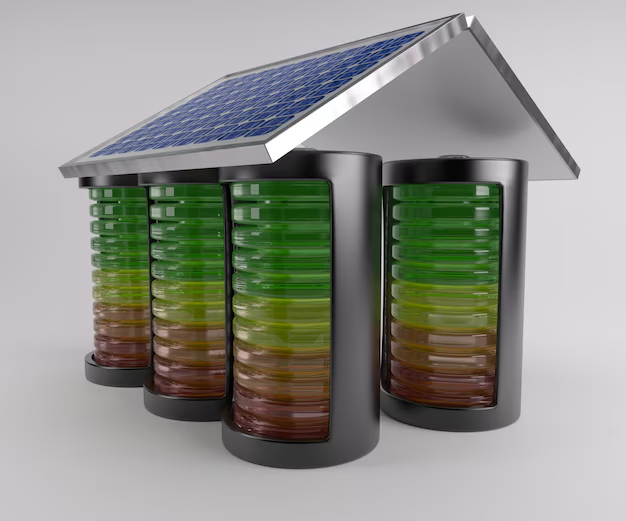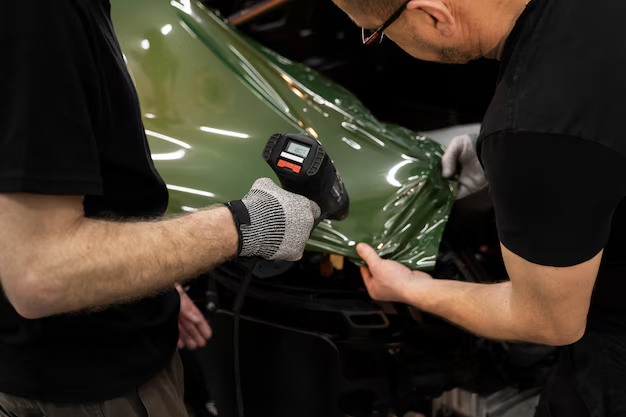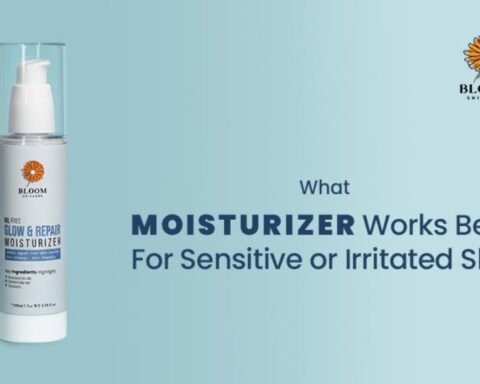Car customization has always been about expressing personality, enhancing aesthetics, and sometimes improving performance. In recent years, one trend has gained massive popularity worldwide: the carbon fiber car wrap.
Once reserved for luxury and high-performance vehicles, carbon fiber aesthetics are now accessible to anyone who wants to give their car a sleek, sporty look without breaking the bank. In 2025, these wraps not only improve style but also offer protection, flexibility, and affordability—making them one of the top choices for car enthusiasts and everyday drivers alike.
What Is a Carbon Fiber Car Wrap?
A carbon fiber car wrap is a type of vinyl wrap designed to mimic the look and texture of real carbon fiber material. While genuine carbon fiber is lightweight and strong, it’s also extremely expensive and labor-intensive to install. Wraps, on the other hand, are a cost-effective alternative that replicate the same aesthetic while offering additional benefits.
These vinyl wraps can be applied to the entire vehicle or specific parts such as the hood, roof, mirrors, or interior trim, giving drivers the freedom to customize their rides according to their preferences.
Why Choose a Carbon Fiber Car Wrap?
There are several reasons why carbon fiber car wrap options are in high demand in 2025:
1. Affordable Customization
Compared to real carbon fiber parts, wraps cost a fraction of the price while delivering a similar visual impact.
2. Protection for Original Paint
Vinyl wraps shield your car’s paintwork from scratches, minor chips, UV rays, and everyday wear. When removed, the paint underneath often looks as good as new.
3. Flexible Design Options
Carbon fiber wraps come in various finishes—gloss, matte, forged, and even colored versions. This gives drivers the chance to match their wrap with their personal style.
4. Temporary Yet Durable
Unlike permanent paint jobs, wraps can be removed without damage, allowing you to refresh your vehicle’s look whenever you choose.
5. Increased Resale Value
Since wraps protect the paint, they can help maintain your car’s resale value by preventing long-term damage.
Key Features to Look for in a Carbon Fiber Car Wrap
If you’re planning to wrap your car, here are important qualities to consider :
- Material Quality: Opt for premium vinyl from reputable brands to ensure durability.
- Thickness: Thicker wraps often provide better protection but may be harder to install.
- Finish Options: Glossy for a reflective finish, matte for a stealth look, and forged for a textured appearance.
- Ease of Application: Air-release technology helps reduce bubbles and makes DIY installation easier.
- Weather Resistance: Ensure the wrap is UV- and water-resistant for long-term use.
Installation: DIY vs. Professional
- DIY Installation: Enthusiasts who enjoy hands-on work can attempt to install wraps themselves. With the right tools, patience, and tutorials, smaller areas like mirrors and hoods are manageable.
- Professional Installation: For full-vehicle wraps, hiring a professional ensures flawless application without creases, bubbles, or premature peeling.
While DIY saves money, professionals provide a polished finish that often lasts longer.
Benefits Beyond Style
While the sleek aesthetic is the main attraction, carbon fiber car wrap bring additional benefits:
- Scratch Resistance: Minor abrasions won’t harm the underlying paint.
- UV Protection: Prevents fading caused by prolonged sun exposure.
- Custom Branding: Businesses can combine carbon fiber wraps with custom decals for promotional purposes.
- Interior Use: Wraps can be applied to dashboards, trims, and consoles for a high-end look inside the car.
How Carbon Fiber Wraps Compare to Paint
| Feature | Carbon Fiber Wrap | Traditional Paint |
| Cost | Affordable | Expensive |
| Durability | 3–7 years | 5–10 years |
| Customization | High flexibility | Limited once applied |
| Paint Protection | Yes | No |
| Reversibility | Easy removal | Permanent |
The comparison shows why wraps are an attractive option for those who want style without long-term commitment.
Caring for a Carbon Fiber Car Wrap
- Hand Wash Only: Avoid automatic car washes that may damage the wrap.
- Use Mild Soap: Stick to non-abrasive cleaning solutions.
- Avoid Harsh Chemicals: Solvents and strong cleaners can degrade the vinyl.
- Park in Shade: Prolong exposure to sun can shorten lifespan.
- Repair Promptly: Address small tears or peeling quickly to prevent further damage.
With proper care, a high-quality carbon fiber wrap can last up to 7 years.
Final Thoughts
The carbon fiber car wrap is one of the most stylish and practical automotive trends of 2025. Offering an affordable way to achieve a high-performance look while protecting your vehicle’s original paint, it strikes the perfect balance between function and fashion.
Whether you want to upgrade your daily driver, make your sports car stand out, or simply protect your investment, carbon fiber wraps deliver results without the long-term cost or commitment of permanent modifications.
FAQs
Q1: How long does a carbon fiber car wrap last?
With proper care, most wraps last 3–7 years.
Q2: Can a carbon fiber wrap be removed?
Yes, wraps can be safely removed without damaging the underlying paint.
Q3: Does wrapping a car affect insurance?
Generally, wraps don’t affect insurance, but it’s best to notify your provider.
Q4: Is a carbon fiber wrap cheaper than paint?
Yes, it’s typically 50–70% less expensive than a custom paint job.
Q5: Can I wrap just parts of my car?
Absolutely. Popular areas include hoods, roofs, mirrors, and trims.








